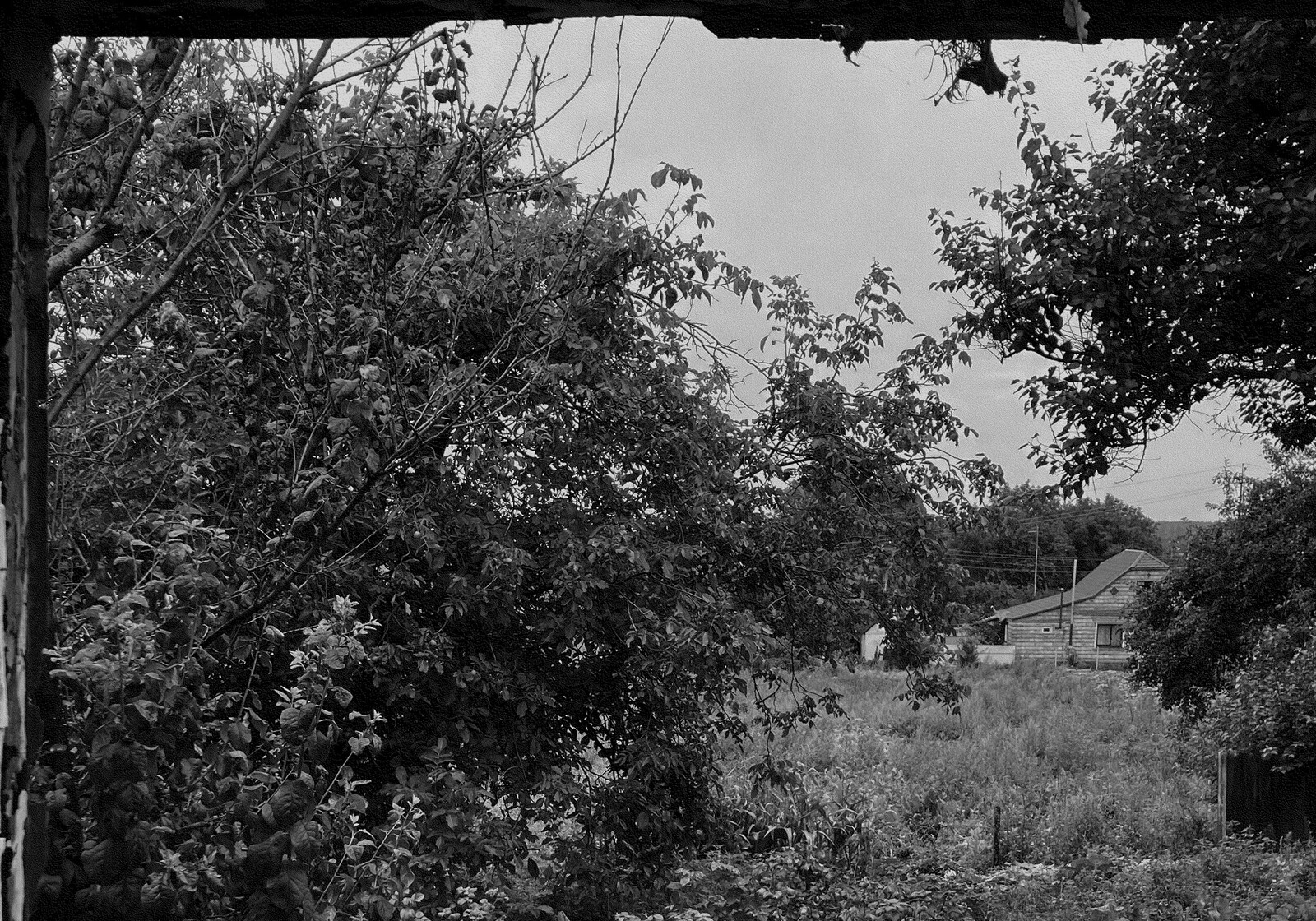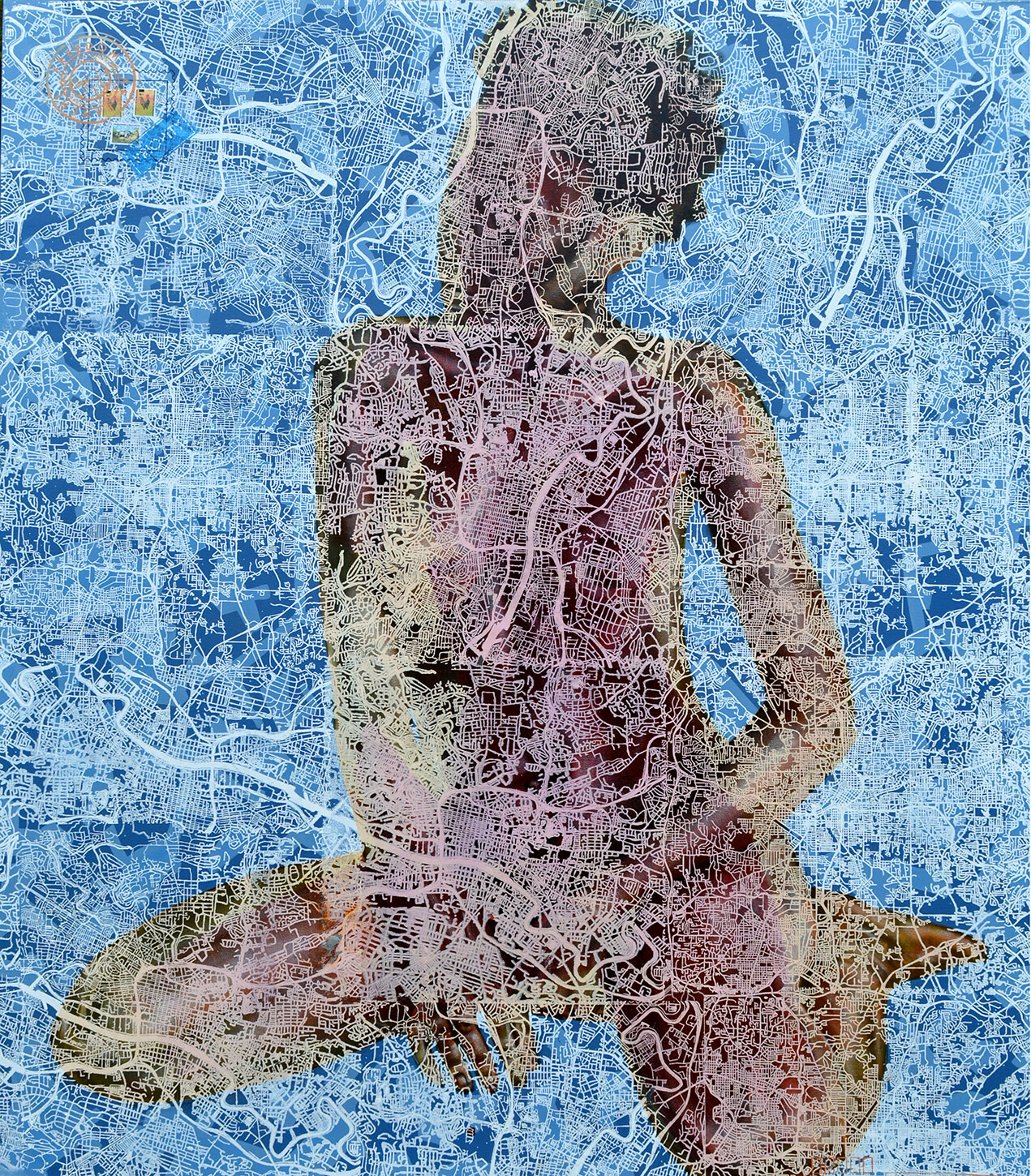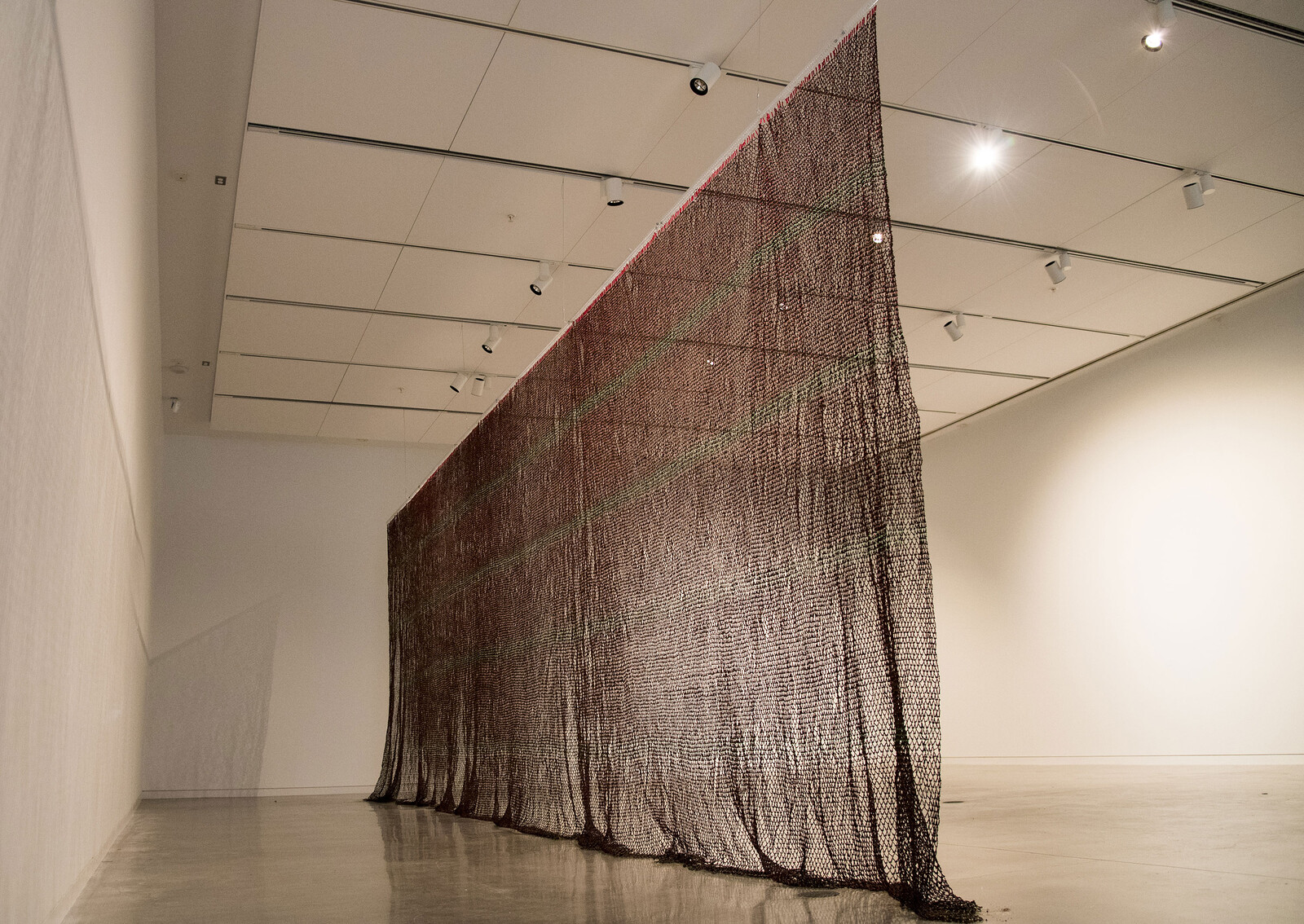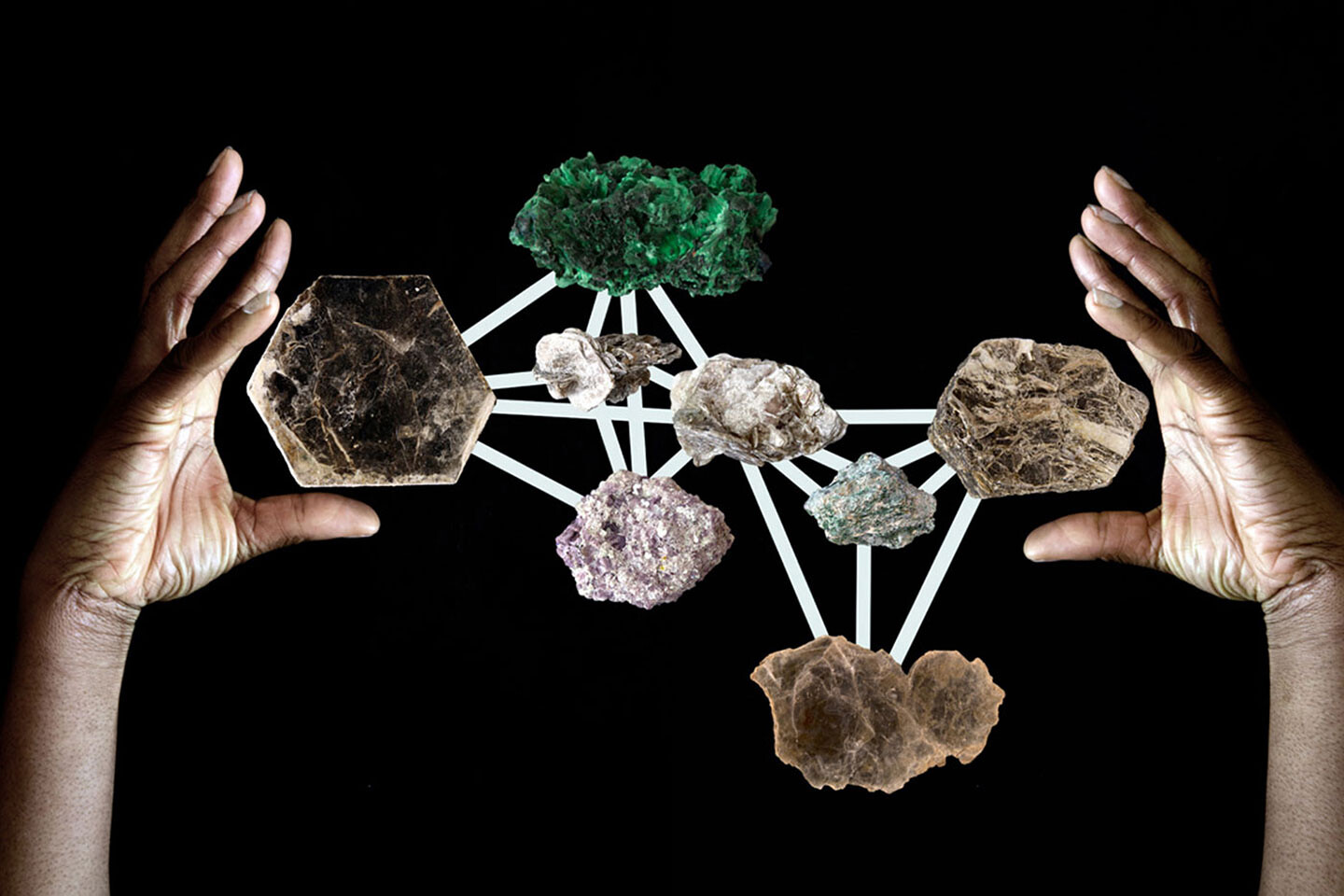When playing in the context delineated by the thesis introduced by recursive colonialism, black feminist poethical tools and procedures seem to support what the latter both diagnoses and proposes, which is the uprooting of the infrastructure of global capital. It is again a moment that includes (a) a strike from above, which is creative rather than destructive, and which unleashes (b) a downward blow—an implosion perhaps—that shifts attention to the foundations. It is as if looking at global capital from down to up reveals precisely that which is not visible from its windows because it is what sustains the walls onto which they have been carved.
When the categorial force of blackness is confronted with the total violence that its historical trajectory cannot but recall, it cannot but refract and fracture the transparent shoal (the threshold of transparency) that protects the Subject’s onto-epistemology across his scientific and aesthetic moments. The total exposure of blackness both enables and extinguishes the force of the modern ethical program, insofar as the disruptive capacity of blackness is a quest(ion) toward the end of the world. Blackness is a threat to sense, a radical questioning of what comes to be brought under the (terms of the) “common.” If the ordered world secures meaning because it is supposed to be knowable, and only by Man, if that world is all the common can comprehend, then blackness (re)turns existence to the expanse: in the wreckage of spacetime, corpus infinitum.
4 Waters-Deep Implicancy
Without time or space, a when or a where, without references to moment or place, the various versions of the question of how that inspire this conversation alleviate the task; they gather us under the assertion that we—and, I mean, black women—do, or rather create. Without asking for a program or a method, it is a statement.
What is it that a black feminist poethics makes available? What can it offer to the task of unthinking the world, of releasing it from the grips of the abstract forms of modern representation and the violent juridic and economic architectures they support? If it is a practice of imaging and thinking (with/in/for) the world, without separability, determinacy, and sequentiality, then it approaches reflection as a kind of study, or as the play of the imagination without the constraints of the understanding. And, if the task is unthinking this world with a view to its end—that is, decolonization, or the return of the total value expropriated from conquered lands and enslaved bodies—the practice would not aim at providing answers but, instead, would involve raising questions that both expose and undermine the Kantian forms of the subject, that is, the implicit and explicit positions of enunciation—in particular, the loci of decision or judgement or determination—this subject occupies.
Both the anthropological and sociological versions of racial knowledge transform the consequences of hundreds of years of colonial expropriation into the effects of efficient causes (the laws of nature) as they operate through human forms (bodies and societies). In sum, as a category of racial difference, blackness occludes the total violence necessary for this expropriation, a violence that was authorized by modern juridical forms—namely, colonial domination (conquest, displacement, and settlement) and property (enslavement). Nevertheless, blackness—precisely because of how, as an object of knowledge, it occludes these juridical modalities—has the capacity to unsettle the ethical program governed by determinacy, through exposing the violence that the latter refigures.







